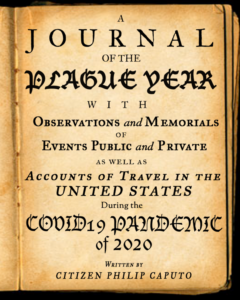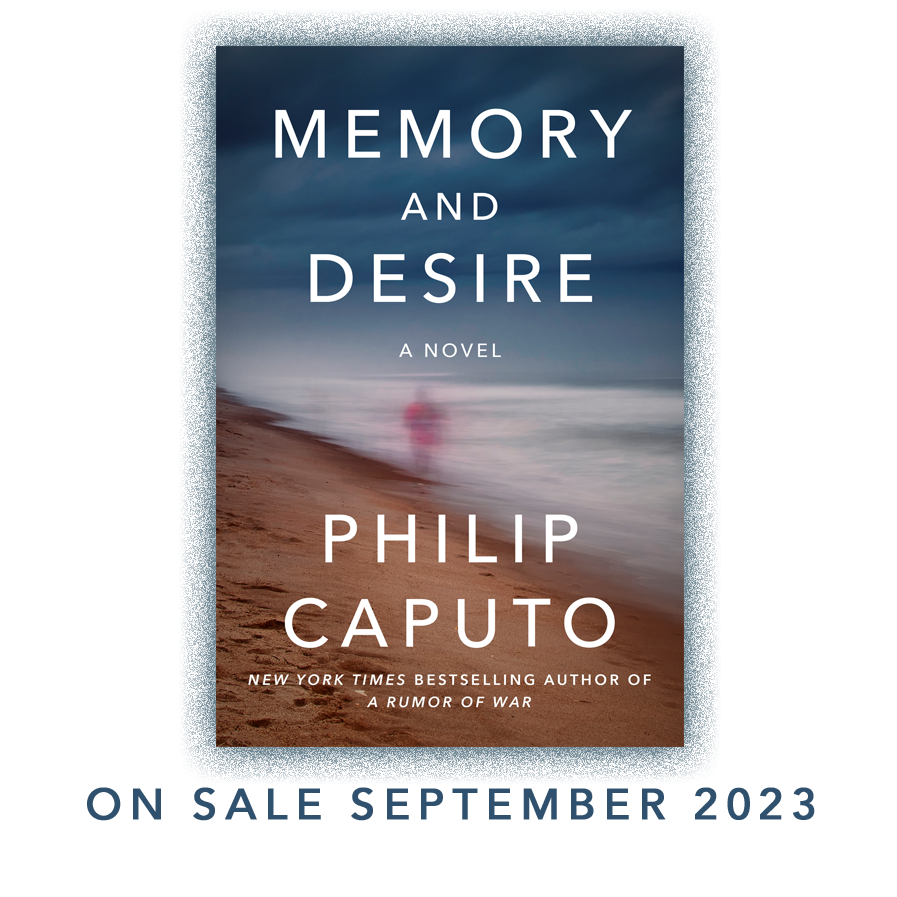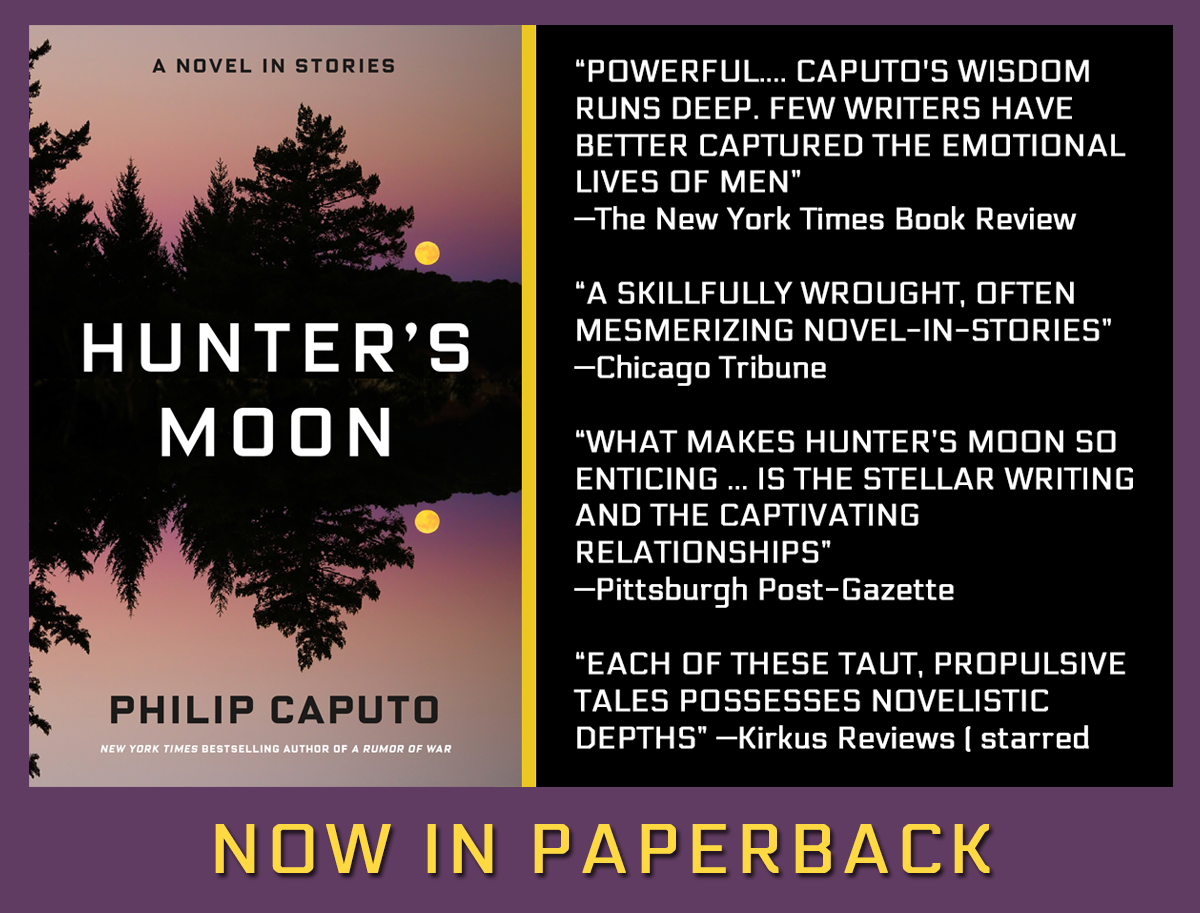 We left Patagonia at 8:30 a.m.yesterday, on a four-to-five day drive back to Connecticut. By the time we arrived at our first night’s destination, Tucumcari, New Mexico, we learned that Arizona had set a record for new cases of the Covid19 virus. Texas and Florida also had that distinction, while 15 other states reported an upward trend in positive cases. But not to worry! Vice President Mike Pence painted a rosy picture, in an oped in the Wall Street Journal, stating that the increases were largely due to increased testing — a misstatement, according to public health officials. Apparently, this declaration of victory was in preparation for the President’s forthcoming rally in Tulsa, Oklahoma. Nineteen-thousand people will be crammed shoulder to shoulder in an indoor stadium. Masks will be available for those who want them, but I’ll bet few will. Their cult leader won’t be wearing one.
We left Patagonia at 8:30 a.m.yesterday, on a four-to-five day drive back to Connecticut. By the time we arrived at our first night’s destination, Tucumcari, New Mexico, we learned that Arizona had set a record for new cases of the Covid19 virus. Texas and Florida also had that distinction, while 15 other states reported an upward trend in positive cases. But not to worry! Vice President Mike Pence painted a rosy picture, in an oped in the Wall Street Journal, stating that the increases were largely due to increased testing — a misstatement, according to public health officials. Apparently, this declaration of victory was in preparation for the President’s forthcoming rally in Tulsa, Oklahoma. Nineteen-thousand people will be crammed shoulder to shoulder in an indoor stadium. Masks will be available for those who want them, but I’ll bet few will. Their cult leader won’t be wearing one.
I guess that the public, in general, is taking Pence at his word. On yesterday’s’ 590-mile journey, we saw far more people not wearing masks or practicing social distancing than those who were. Today, pushing on from Tucumcari to Springfield, Missouri (650 mi), the thin herd of masked social distancers grew even thinner as we proceeded through the Texas panhandle and Oklahoma — the heart of MAGA country — until we reached Springfield. Our motel here had posted signs and floor stickers requesting guests to maintain a six-foot span between them and others; the desk clerks and staff courteously wore masks, but most guests had naked faces.
My conclusion: Many Americans, possibly most, have become childish, self-indulgent, undisciplined, and unwilling to face reality even when it’s killing tens of thousands of their fellow citizens.
Leslie and I took precautions, donning masks when we stopped at gas stations and at our lodging places. We sanitized surfaces in our rooms, avoided crowding into elevators, and ordered no-contact or pickup dinners. I’m not touting our virtue , merely pointing out that some fundamental precautions are all that’s necessary to mitigate the deadly effects of this plague.
It was a wonderful drive, across the vast spaces of the southwest, from the Whetstone Mountains in Arizona, to the White Sands National Monument in New Mexico, and from there northward on U.S. 54 through basin and range landscapes as inspirational as you’ll find anywhere in the country. That highway brought us to I-40, which led to I-44. Together, those two interstates follow the route of the fabled Route 66 —the “Mother Road” in John Steinbeck’s memorable phrase. There are a couple of Route 66 museums along the way, with photographs of dispossessed Okies heading for California in Model T’s, or mid-century travelers at the wheels of Oldsmobiles and Chevrolets sporting tailfins and chrome bumpers. I recalled driving 66 from its start in Chicago to its end in Santa Monica in late 1964, a recollection that made me feel like a historical figure who has outlived his time.
Speeding along on Interstates mile after mile, random thoughts pop into the mind. I ran one past Leslie, apropos of today’s social and racial turmoil. Why not revive the draft, but without confining it to the military? Call it Compulsory National Service for every American ages 18 to 26. No exceptions, no deferments allowed, and both sexes would be required to register. A draftee would be allowed to choose the military if he or she chose, but other options would be available: Americorps, the Peace Corps, or a 21st-century version of the Depression-era Civilian Conservation Corps, serving in National Parks, on public lands, or on infrastructure improvement projects. Americans of all races and classes would work side by side, and, one hopes, learn to respect each other as human beings. I’m thinking of my own time in the Marine Corps, when a Harvard grad might find himself in the same barracks as a kid who never finished high school; they would have to cooperate to accomplish a task. Or when a white kid from the suburbs (as I was then) would march and sweat alongside a black kid from the inner city. The draft was a great engine of social equality, and taught that you owed something to your country.
Leslie began to point out some difficulties — what about the man or woman who wants to go to medical school, for example — but she generally thought it a good idea.
Tomorrow, we’ll set off again on I-44, pick up I-70 in St. Louis, and proceed another 600+ miles to Columbus, Ohio. Our English Setter, Luna, appears to be enjoying the trip, but I can’t be sure: she spends most of it dozing in her kennel in the back of our overloaded 4Runner.



Damn it. Sorry we missed you in Springfield. I would love to have bought you a drink and said a quick hello. I read The Longest Road a few years back when my wife and I “retired,” sold everything, bought a van, and traveled the country for nearly two years after the 2016 election. We lived on the road, driving 25,000 miles and talking to all kinds of people about the the things that divide us. I’m rereading your book now, as I work on writing my own memoir/travelogue/social commentary. I wanted you to know your story inspired. I’m glad I discovered the blog. I’m happy to hear the mouth-breathers in the Ozarks didn’t infect you.
I’m sorry we missed each other, too. You are probably closer to the truth than I in seeking out what divides us rather than what unites us. A few days ago, a young white militiaman shot two protestors to death in Kenosha, Wisconsin; yesterday, a left winger shot a right winger to death in Portland, Oregon. We are so divided that we hate each other enough to kill one another over…What? It would not shock me that, though I’m now 79, I will live to see a second American civil war.
It is pleasant to contemplate your road trip. Lavada and I did one to northern California and back in November, not knowing that something terrible this way cometh. Your vision of compulsory service does not take into account the profound and ubiquitous ignorance of so many Americans now. They think Moses went to WalMart. I taught GED for four years and occasionally ran across functioning adults who had never heard of Chicago, and, when shown a map, didn’t know what a map was. Go safely.
With COVID cases on the rise in AZ, Ducey finally bowed to pressure and is allowing local towns and counties to mandate mask. That order will be in effect in Tucson on Thursday. Meanwhile, back at our home, we are watching the Bighorn Fire burn up the Catalinas. So far, the Observatory and Summerhaven atop Mt. Lemmon are still safe.